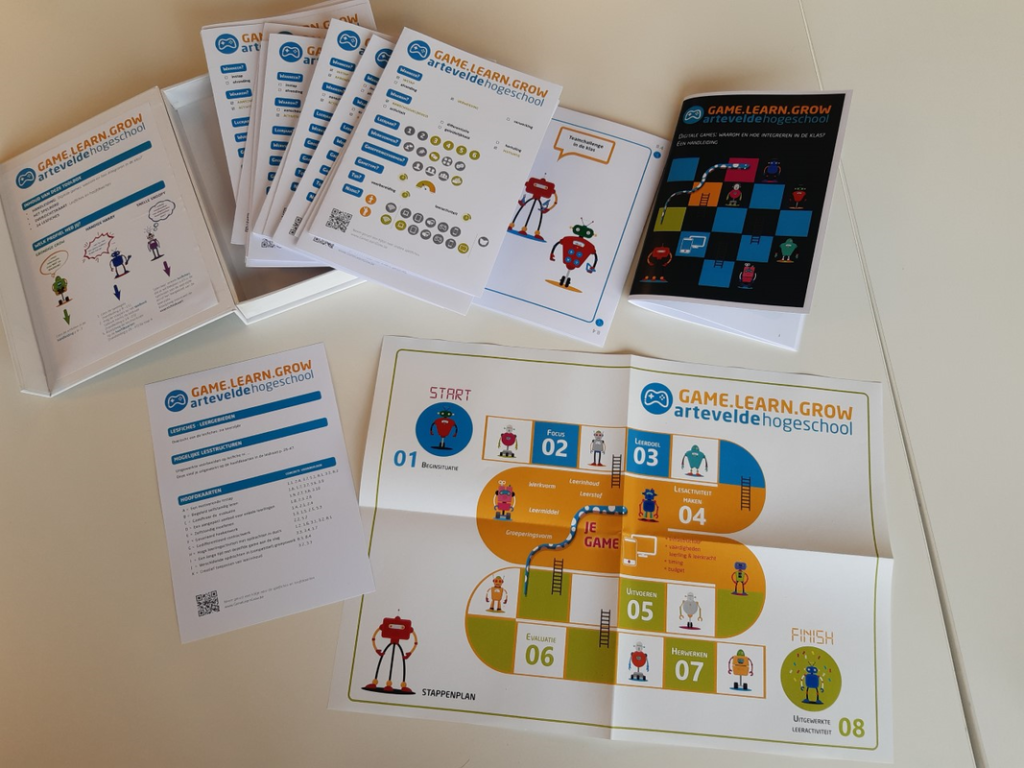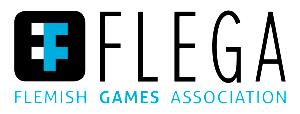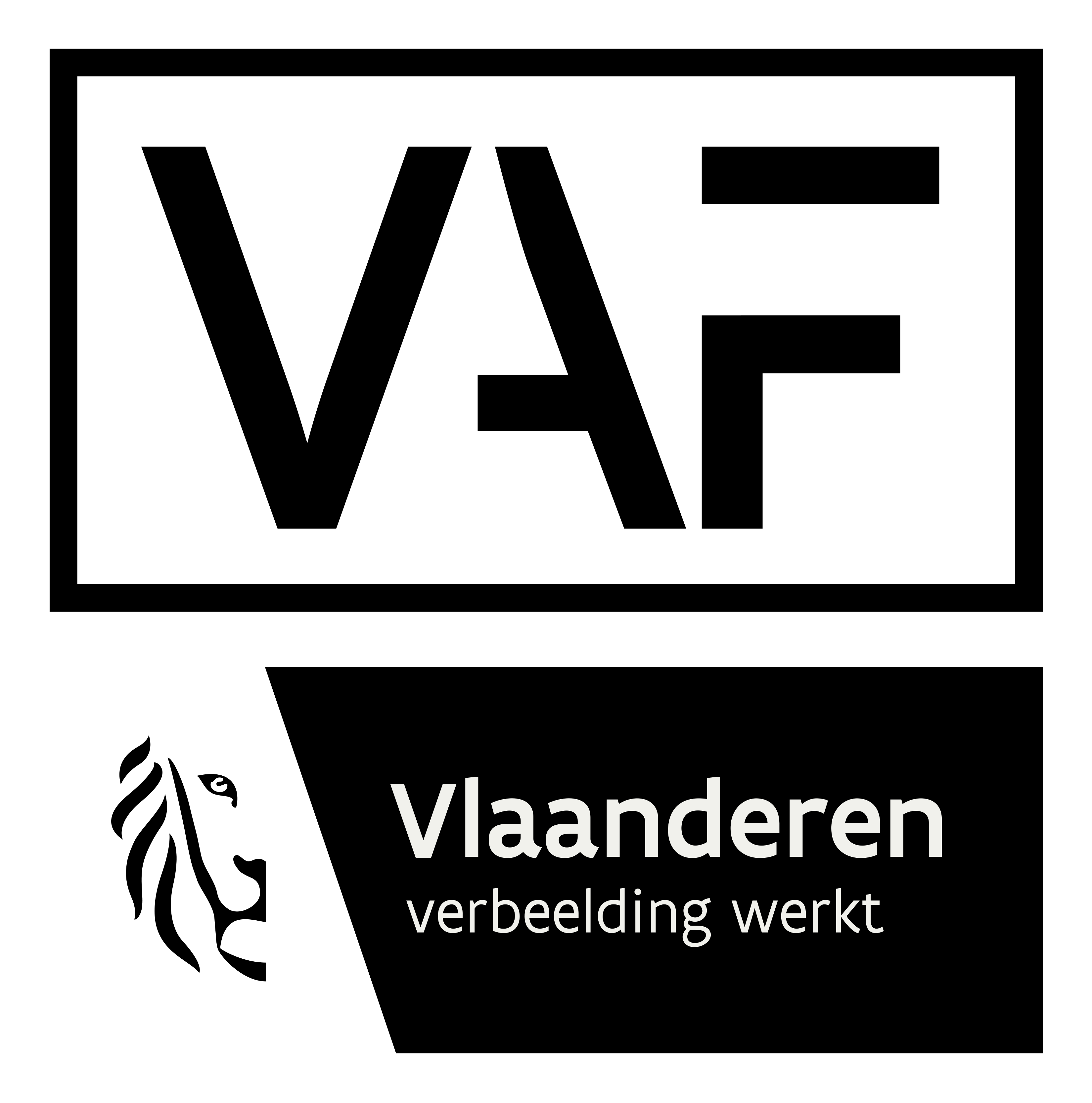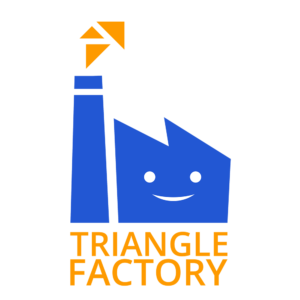
Video games can be powerful educational tools. Still, due to technological constraints and a general lack of understanding, they aren’t used frequently in our classrooms. The Game.Learn.Grow. toolbox (link in Dutch) commissioned by the Flemish Department of Education and Training and developed by Arteveldehogeschool and Mediawijs (links in Dutch) changes all that. And in doing so, Flanders becomes the second European government to integrate games into mainstream education (after Poland).
Part of the action plan of the Flemish Department of Education and Training to better integrate video games in our classrooms, the toolbox serves as a practical guide for elementary and high school teachers to do just that.
For teachers who want to give it a try, there’s over 30 fleshed out activities for different age groups they can literally try out of the box. Take your history class to the next level by letting students explore ancient Greece in Assassin’s Creed: Discovery Tour or let them rebuild their school in Minecraft Education. There’s a lot of (technological) background info on the games so there’s as few technological hurdles as possible.

But that’s just the start. To achieve the goal of permanently getting more games in the class room, the Flemish Department of Education and Training wants to encourage teachers to create their own activities, and the box gives them all the tools and information they need to succeed.
Starting from what the teachers want to learn their students, the included roadmap will gently guide them every step of the way. It will offer games that are suited to obtain certain learning goals, explain how to best integrate them in your lesson structure (you don’t need to spend an hour with the game afer all), and highlight what equipment is needed.
Have a look at the below tutorial (in Dutch) to see how easy it is!
If you’re ready to give it a shot, you can order the Game.Learn.Grow. toolbox for free (shipment costs excluded) here (link in Dutch – it’s the final entry of the first category) and teachers can also find all the lesson sheets on Klascement (link in Dutch). Adventurous teachers can also add new games and link them to the existing sheets, so other teachers can start using it as well. And if you’ve got some grumpy boomers that don’t feel like getting on board, you might get the conversation going with a cool poster (link – you guessed it – in Dutch) in the staff room.
We’re very happy with the Game.Learn.Grow toolbox and want to thank the Flemish Department of Education and Training, Arteveldehogeschool, and Mediawijs to make this possible. Here’s hoping the tools lead to an ever expanding database of quality game-driven content that prove games in the classroom are here to stay.







